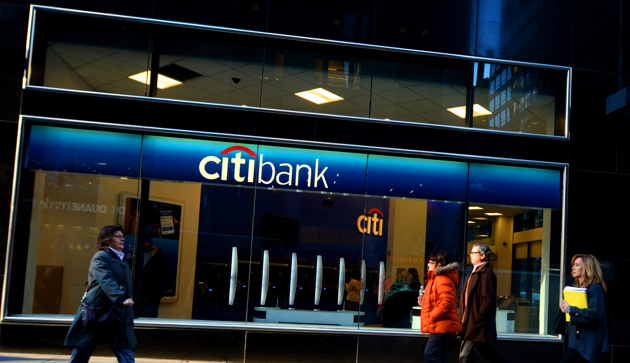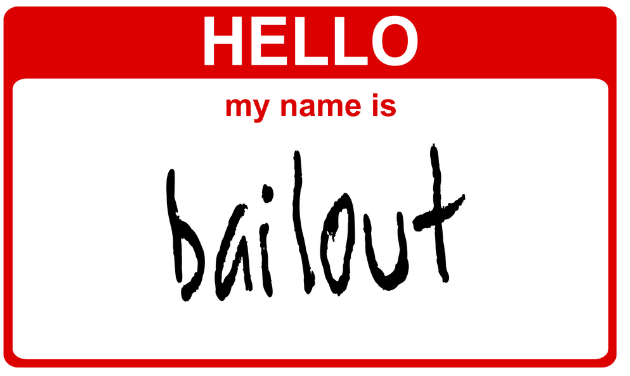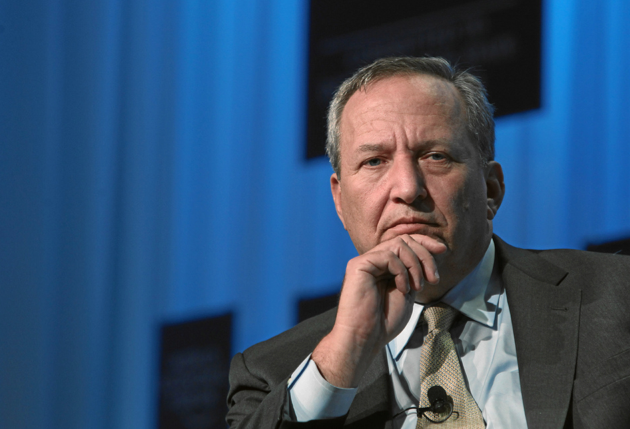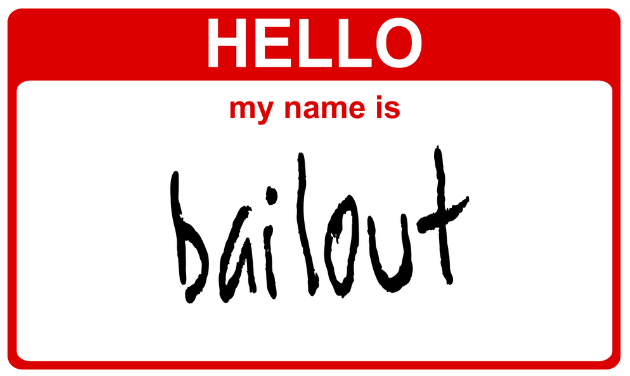Update Friday, December 12, 2014: On Thursday night, the House passed the spending bill with the Citigroup-written provision. The Senate is expected to approve the legislation.
A year ago, Mother Jones reported that a House bill that would allow banks like Citigroup to do more high-risk trading with taxpayer-backed money was written almost entirely by Citigroup lobbyists. The bill passed the House in October 2013, but the Senate never voted on it. For months, it was all but dead. Yet on Tuesday night, the Citi-written bill resurfaced. Lawmakers snuck the measure into a massive 11th-hour government funding bill that congressional leaders negotiated in the hopes of averting a government shutdown. President Barack Obama is expected to sign the legislation.
“This is outrageous,” says Marcus Stanley, the financial policy director at the advocacy group Americans for Financial Reform. “This is to benefit big banks, bottom line.”
As I reported last year, the bill eviscerates a section of the 2010 Dodd-Frank financial reform act called the “push-out rule”:
Banks hate the push-out rule…because this provision will forbid them from trading certain derivatives (which are complicated financial instruments with values derived from underlying variables, such as crop prices or interest rates). Under this rule, banks will have to move these risky trades into separate non-bank affiliates that aren’t insured by the Federal Deposit Insurance Corporation (FDIC) and are less likely to receive government bailouts. The bill would smother the push-out rule in its crib by permitting banks to use government-insured deposits to bet on a wider range of these risky derivatives.
The Citi-drafted legislation will benefit five of the largest banks in the country—Citigroup, JPMorgan Chase, Goldman Sachs, Bank of America, and Wells Fargo. These financial institutions control more than 90 percent of the $700 trillion derivatives market. If this measure becomes law, these banks will be able to use FDIC-insured money to bet on nearly anything they want. And if there’s another economic downturn, they can count on a taxpayer bailout of their derivatives trading business.
In May 2013, the New York Times reported that Citigroup’s proposed language was reflected in more than 70 lines of the House financial services committee’s 85-line bill. Mother Jones was the first to publish the document showing that Citigroup lobbyists had drafted most of the legislation. Here is a side-by-side of a key section of the House bill:
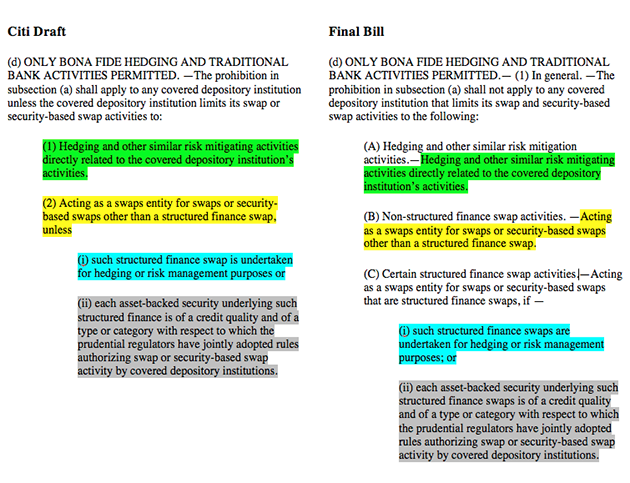
The bill—sponsored by two Dems and two Republicans—passed easily out of the House financial services committee on a 53-6 vote. The six no votes came from Democrats. In October 2013, the measure passed the Republican-controlled House 292-122. Seventy Dems voted in favor, but that was far fewer than expected, partly due to press coverage of Citi’s involvement in the bill’s drafting.
Back then, the bill’s chances of becoming law seemed dim. Treasury Secretary Jack Lew voiced his opposition to the measure, saying it would be “disruptive and harmful.” Obama signaled to lawmakers that he opposed it. It never came up for a vote in the Senate.
And the legislation was left on the table for corporate-friendly lawmakers on both sides of the aisle to now sneak into the pending spending bill. But Democratic leadership is raising concerns about the Wall Street-friendly provision. House Minority Leader Nancy Pelosi (D-Calif.) blasted out a statement Wednesday morning slamming the provision for allowing “big banks to gamble with money insured by the FDIC.” And Sen. Elizabeth Warren (D-Mass.) is calling on the House to strike the Citi-written language from the spending bill.
“I am disgusted,” Rep. Maxine Waters (D-Calif.), the ranking Democrat on the House financial services committee, said in a statement. “Congress is risking our homes, jobs and retirement savings once again.”
Rep. Alan Grayson (D-Fla.) issued an even more dire warning, calling the bill “a good example of capitalism’s death wish.”
